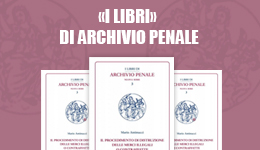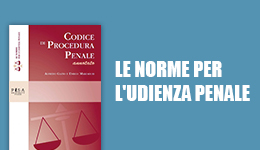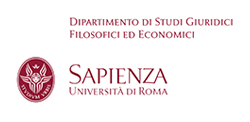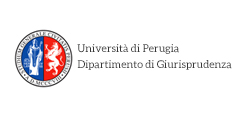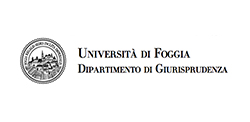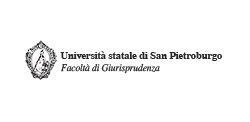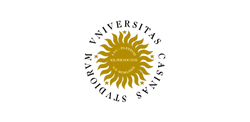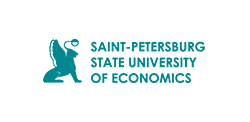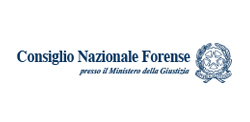Prima “legge” della sicurezza informatica: “un computer sicuro è un computer spento”
Archivio Penale
© dell'autore 2021
Ricevuto: 11 May 2021
| Accettato: 21 May 2021
| Pubblicato: 26 May 2021
L’intero articolo è disponibile
Riassunto
L’articolo si propone di esaminare il reato di accesso abusivo a sistema informatico o telematico alla luce dell’evoluzione tecnologica, laddove le nuove azioni criminose appaiono di non facile inquadramento nel delitto ex art. 615-ter c.p., a fronte, anche, di una difficile intesa in merito al bene giuridico che la norma intende tutelare. In particolare, l’A. ha concentrato la propria attenzione sulla pratica della c.d. “divulgazione responsabile” oggetto di una recente pronuncia, cercando di comprendere se - e come - questa condotta, ormai generalmente riconosciuta e realizzata dagli operatori informatici e dagli hacker, possa, sotto un profilo dogmatico, influire sulla rilevanza penale del fatto commesso.
First "law" of IT security: “A secure computer is a computer that is turned off
The article aims to examine the crime of unauthorized access to a computer or telematic system in the light of technological evolution, where the new criminal actions appear to be difficult to classify in the crime pursuant to art. 615-ter of the Criminal Code even in the face of a difficult consensus on the substance legal right that the rule is intended to protect. In particular, the A. He has focused attention on the practice of so-called "Responsible disclosure", the subject of a recent ruling, trying to understand if and how this conduct, despite the widely accepted and implemented by IT professionals and hackers, can, from a dogmatic point of view, affect the criminal relevance of the crime committed.
Percorso di valutazione
Peer reviewed. Certificazione della qualità


